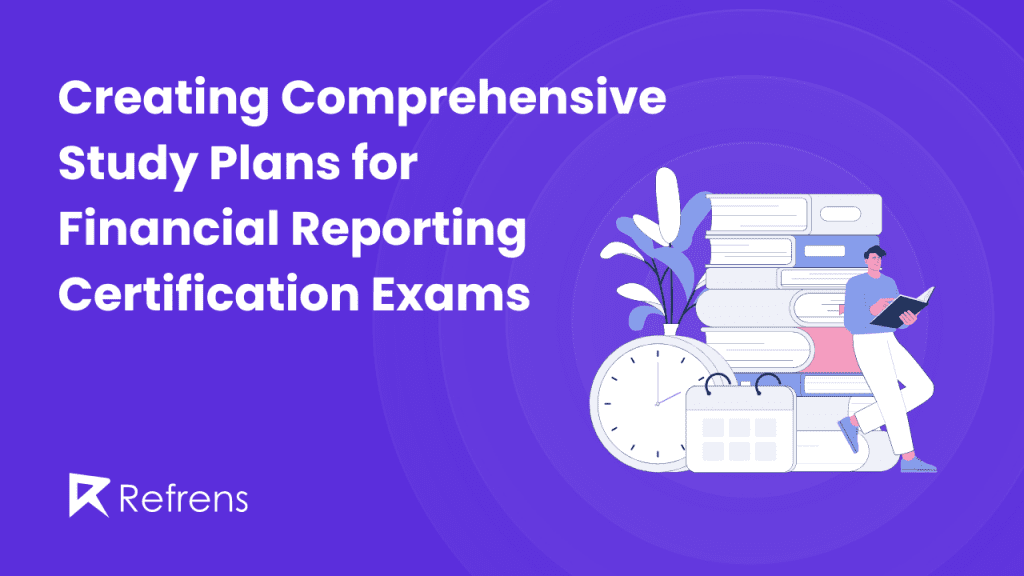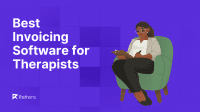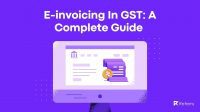Financial reporting certifications hold a key place in the finance industry. These credentials can seriously boost your career, proving you know your stuff about complex financial standards and regulations.
However, preparing for these exams can be tough. The syllabus is huge, concepts are tricky, and managing study time with work is no small feat, but creating a solid study plan can make all the difference. Keep reading to discover practical strategies that will help you tackle these challenges head-on.
Understanding the Exam
Start with understanding the exam structure. Financial reporting exams like the CPA, CFA, or ACCA have a defined layout you need to grasp. They typically include multiple-choice questions, essays, and sometimes simulations or case studies.
Each section covers different topics with varying weightage. Know each topic’s weight because this affects your study plan. High-weighted areas demand more focus.
Developing a Study Plan
Once you have understood what your exam entails, come up with a study plan. Set clear goals using the SMART framework. These goals guide your study sessions and keep you on track.
Then, create a realistic schedule. Break down the material into manageable chunks. Allocate time for each topic based on its complexity and importance. Make sure to include regular revision sessions in your plan to reinforce learning and retain information effectively.
Gathering Study Materials
Collect the right study materials before diving into your preparation. Start with the official exam syllabus and recommended textbooks, which provide a structured learning path. Supplement these with online courses, video tutorials, and practice exams to enhance understanding.
Join study groups or forums to exchange insights and resources with peers. Consider using flashcards for quick reviews of key concepts and terms.
Utilizing Effective Study Techniques
Building on your gathered materials, use study techniques that maximize retention and understanding. Active learning methods, such as summarizing concepts in your own words or teaching them to someone else, work wonders.
Additionally, practice with past exam papers to familiarize yourself with question formats. Mind maps and diagrams can simplify complex topics by visually organizing information. Use tested and tried techniques such as the Pomodoro technique for focused study sessions.
Leveraging Online Exam Prep Resources
To enhance your study plan, tap into online exam prep resources tailored to financial reporting certifications. Websites and apps offer practice questions, mock exams, and interactive lessons that reinforce learning.
For example, just as Quimbee aids bar exam preparation with its extensive library of case briefs and quizzes, similar platforms cater specifically to finance professionals. So, find a resource aligned with your certification requirements.
Exam Day Preparation
As your exam approaches, shift focus to final revisions. Use the last few days to target weak areas and review key concepts. Skim through your notes and revisit flashcards.
On test day, manage time efficiently. Allocate specific minutes per question and stick to it. Stay calm by taking deep breaths if anxiety kicks in. Read each question carefully before answering, ensuring you understand what is being asked.
Maintaining Balance
Maintaining a healthy life-study balance is also critical to preparing for financial reporting exams. Ensure you get enough sleep, eat well, and exercise regularly to keep your body and mind in peak condition.
Set aside time for hobbies or activities that relax you, as this will prevent burnout. Stay connected with friends and family who can offer support when the going gets tough.
Final Words
Preparing for financial reporting certification exams can feel overwhelming, but with a solid plan, you are on the right path. The strategies outlined here will help streamline your study process and boost your confidence.
Remember to stay consistent with your efforts and maintain a positive mindset. Trust in the study techniques and resources you have chosen. Your dedication now will pay off significantly when you achieve that valuable certification.


















